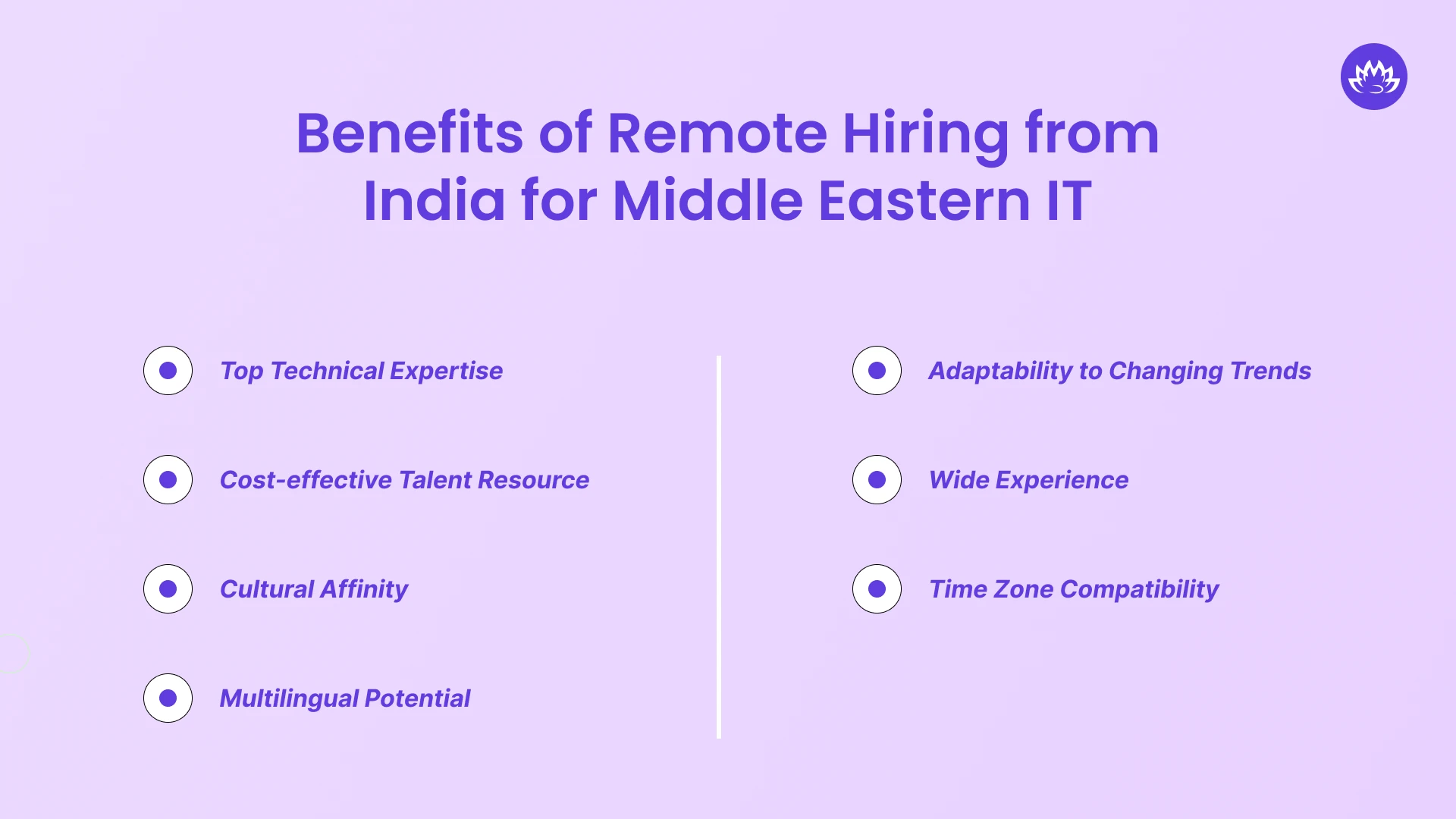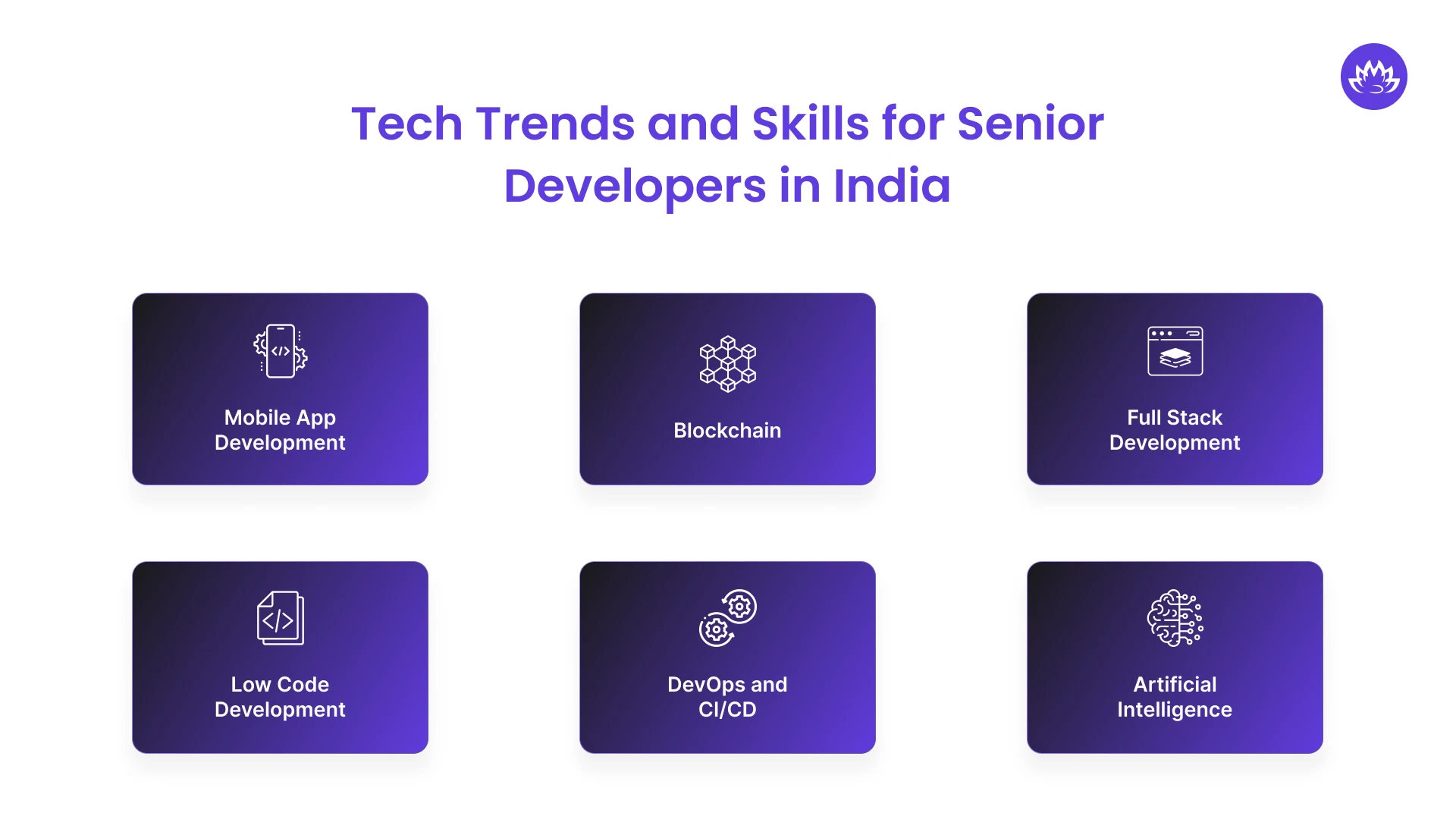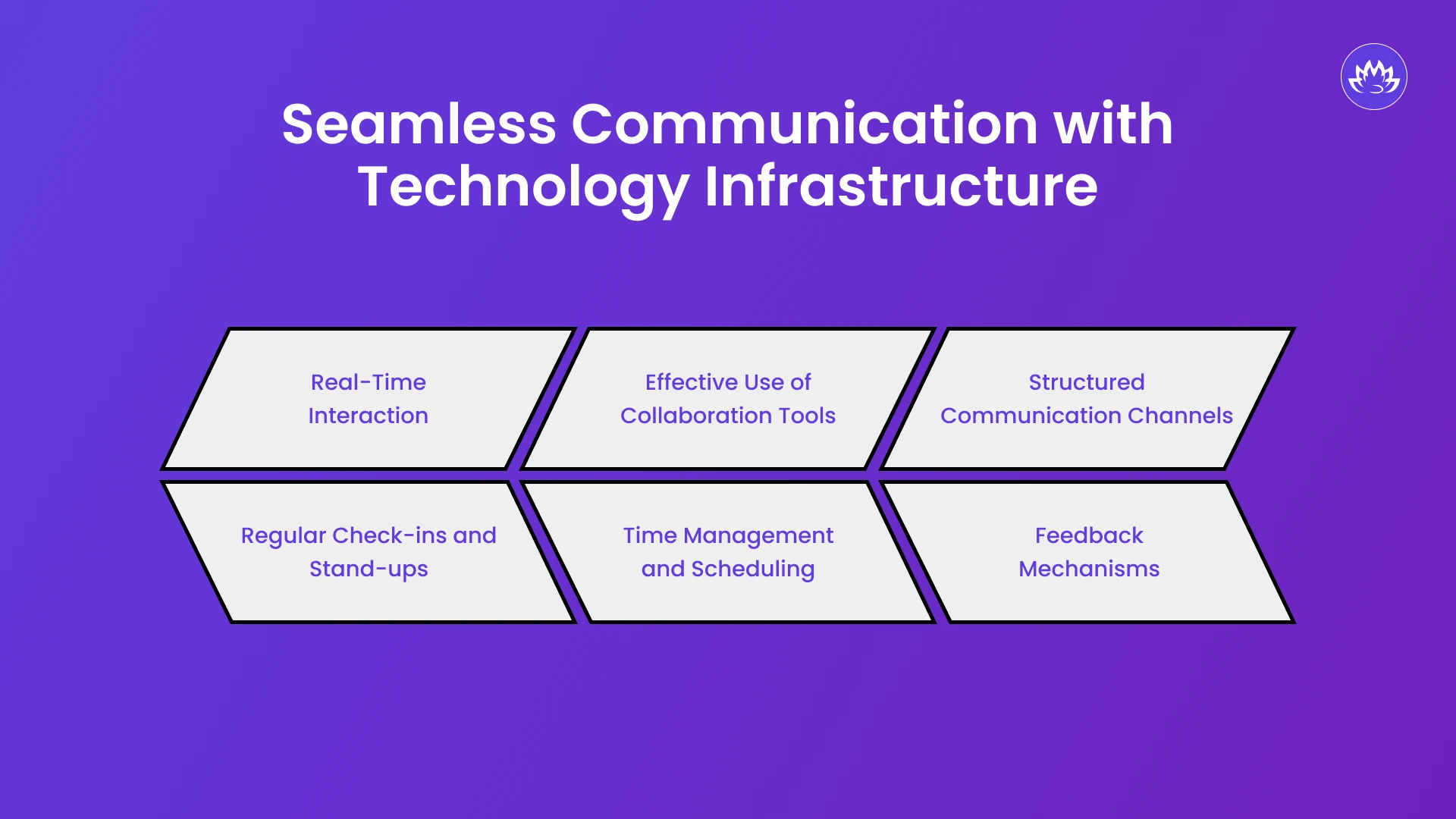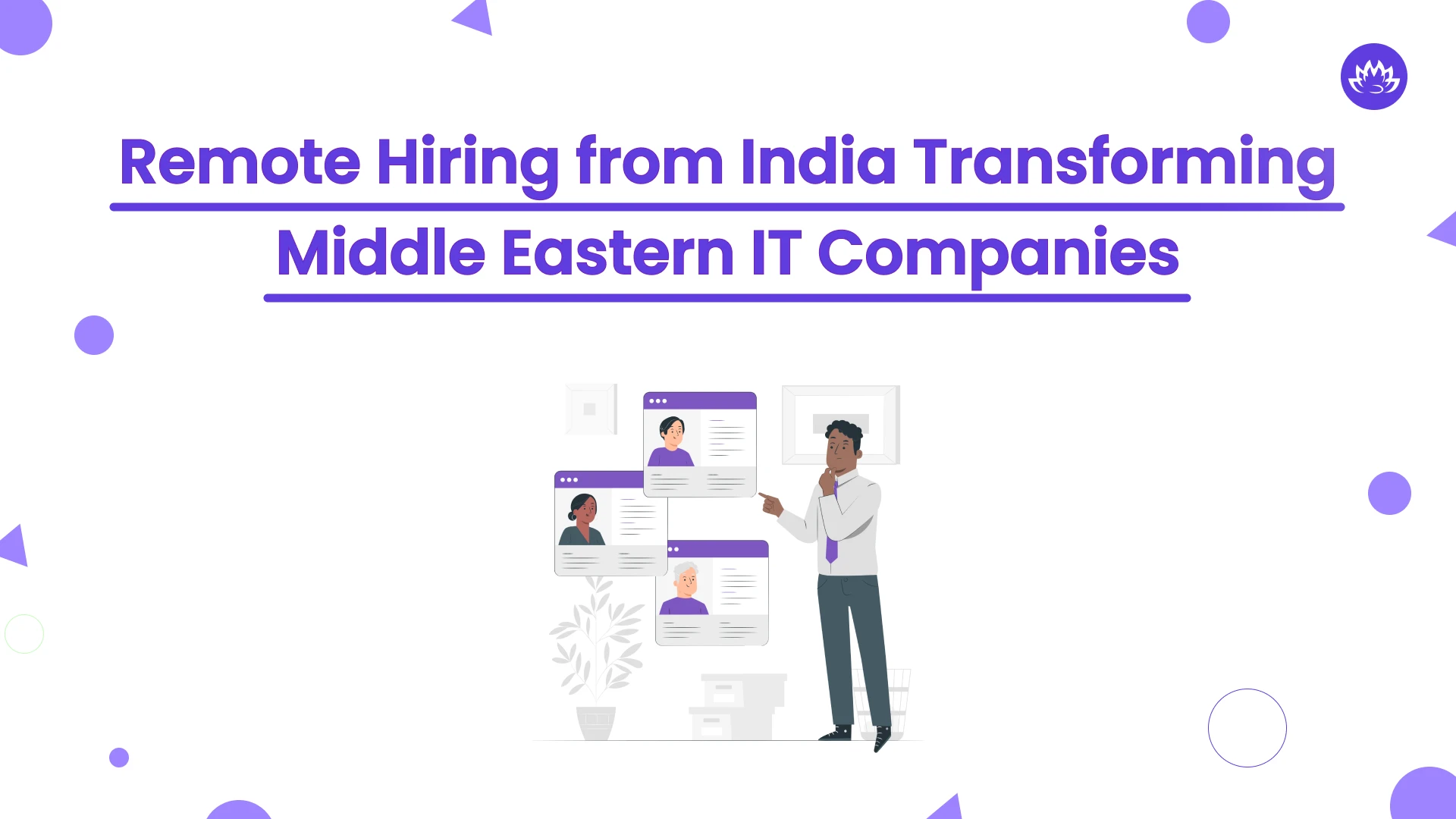Remote Hiring: A Global Trend Shaping The Future of Work
- Remote hiring is an environmentally friendly and sustainable choice for companies. It saves conventional resources, time, and cost.
- Companies get wider access to a diverse talent pool, allowing people to work in different time zones.
- Remote hiring encourages individual productivity and enables employees to work with freedom and flexibility.
- It also saves company costs in very many ways.
- Remote hiring enables employee retention and saves the replacement costs for recruiting new employees.
- With remote hiring, companies can build agile teams to create innovative projects.
- Companies get employees with improved engagement, striking a work-life balance.
- Through the detailed communication online via emails or skype chats, remote hiring improves written communication between employer and employee.
Current Scenario: IT Industry in the Middle East
- Students from the UAE do not have adequate technical skills that can match the current market needs.
- All over the world, there are tech giants and startups that are looking for similar talent, which is scarce.
- Middle East tech industry is relatively young and have fewer years of work experience compared to established tech hubs like India.
How Remote Hiring From India Benefits Middle Eastern IT Companies

Top Technical Expertise
Cost-effective Talent Resource
Cultural Affinity
Multilingual Potential
Wide Experience
Adaptability to Changing Trends
Time Zone Compatibility
The Impact of Remote Hiring on the Business Performance of Middle Eastern Companies
Key Technology Trends and Skills for Senior Developers in India

Mobile App Development
Blockchain
Full Stack Development
Low Code Development
DevOps and CI/CD
Artificial Intelligence
Harnessing Technological Infrastructure For Seamless Communication

Real-Time Interaction
Effective Use of Collaboration Tools
Indian developers can put their technological infrastructure to the maximum use. They can implement various tools for effective communication and collaboration such as Slack, Zoom, Trello, Microsoft Team, etc. for instant messaging and video calls. With such IT infrastructure, the team can enhance communication and collaboration. These tools can ensure effective project managment and workflow optimization, enabling efficient remote working. Moreover, it also improves productivity and accountability, ensuring on-time delivery of the project. With a secured IT infrastructure, senior developers from India can give several benefits to businesses, such as the integration of various tools and services like Google Workspace, etc.
Structured Communication Channels
Regular Check-ins and Stand-ups
Time Management and Scheduling
Feedback Mechanisms
Future Outlook: Remote Work and Middle Eastern IT Companies
Conclusion
Author
-

Kirtan is CEO of Whitelotus Corporation, an emerging tech agency aimed to empower startups and enterprises around the world by its digital software solutions such as mobile and web applications. As a CEO, he plays key role in business development by bringing innovation through latest technical service offering, creating various strategic partnerships, and help build company's global reputation by delivering excellence to customers.
View all posts













